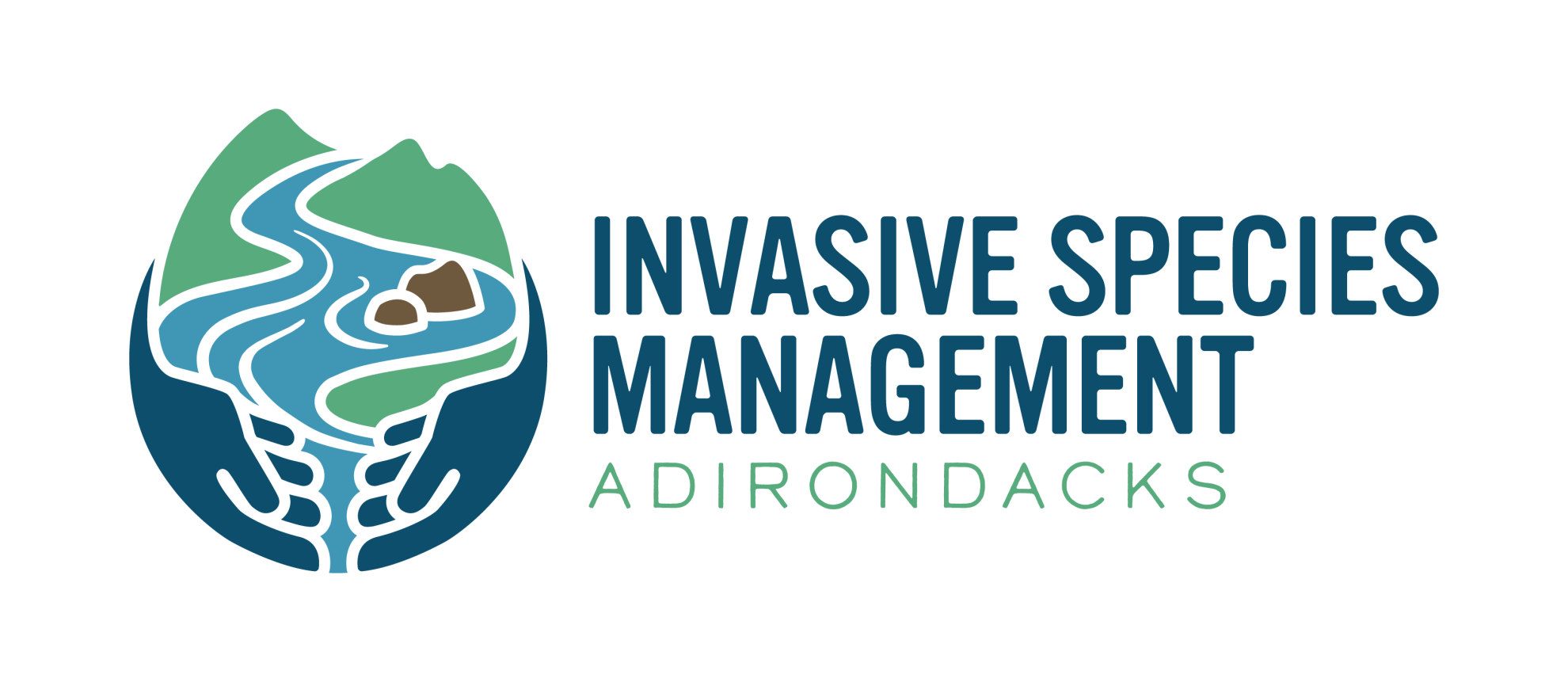APIPP Releases 2024 Annual Report

APIPP Releases 2024 Annual Report
KEENE VALLEY—The Adirondack Park Invasive Plant Program has released its 2024 annual report.
The report celebrates the accomplishments of APIPP staff, volunteers, and partners while also providing updates on the presence of invasive species in the Adirondack region, special initiatives, ongoing research, and more.
The report also underscores the 39 partner organizations and more than 150 volunteers that contributed to advancing APIPP’s mission to work in partnership to minimize the impact of invasive species on the Adirondack region’s communities, lands, and waters.
“This report highlights the incredible impact that the Nature Conservancy and NYS Department of Environmental Conservation have leading critical invasive species work in the Adirondacks. We thank all our partners and volunteers for collaborating on this important work.” said APIPP Program Director Brian Greene.
APIPP’s 2024 Annual Report highlights include:
Protect Adirondack Lands
Volunteers with APIPP’s Forest Pest Hunters program were out in both winter and summer looking for invasive pests like hemlock wooly adelgid and beech leaf disease. In 2024, 81 trails were adopted with the vast majority reporting no observations of the targeted species. Forest Pest Hunters have spent more than a collective 1,480 hours of their time with survey efforts since the program’s inception in 2020.
Protect Adirondack Waters
APIPP created a new Adirondack PRISM AIS database that combines iMapInvasives data with Lake Protectors surveys to track and report where AIS are distributed across the region. 70% of the 509 water bodies have no observed AIS from the species that APIPP tracks.
Community Engagement
APIPP held its biennial invasive species summit, called Adirondack Invasive Species Summit 2024: New Science Offers Hope in a Warming Climate, in North Creek in October. The event drew an audience of about 80 people who learned about climate change and how it affects the spread of invasive species and about three genetic technologies that could help detect or treat infestations of invasive species.
Research and Innovation
The second year of the Lake Champlain Boat Launch Spread Reduction Project was completed, with active management at three boat launches in 2024. Extensive data collected by APIPP and Paul Smith’s College Adirondack Watershed Institute demonstrated reduced Eurasian watermilfoil at some boat launches, but high variability in boats leaving the launches with this species present.
The full Adirondack Park Invasive Plant Program 2024 Annual Report can be accessed here.
The 2024 APIPP Annual Report highlights can be accessed here.
APIPP’s mission is to work in partnership to minimize the impact of invasive species on the Adirondack region’s communities, lands, and waters. Learn more at www.adkinvasives.com.
###
The Adirondack Park Invasive Plant Program (APIPP) serves as the Adirondack Partnership for Regional Invasive Species Management (PRISM), one of eight partnerships across New York. APIPP is hosted by The Adirondack Chapter of The Nature Conservancy and receives financial support from the Environmental Protection Fund administered by New York State Department of Environmental Conservation

